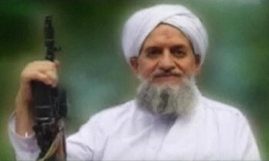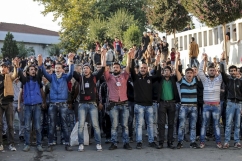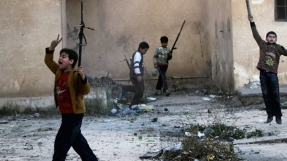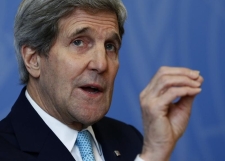The United States is losing the war against the jihadist Islamic State, with only "four or five" out of the 54 rebels trained by the American military still alive and active in the battlefield, facing an estimated 30,000 heavily armed ISIS fighters, multiple defence officials have revealed.
Gen. Lloyd Austin, head of US Central Command, recently made this embarrassing admission in a Senate committee. He said almost all of the Syrian rebels trained by the American military have either been killed or captured or fled from ISIS militants.
Some of the rebels returned to their homes during Ramadan and never came back. They took with them expensive fighting tools provided by the US military, such as dune buggies, M-16s, body armour, night vision goggles, helmets, and boots.
"The ones that are in the fight ... we're talking four or five," Austin told senators.
The military official's admission is a major blow for American taxpayers, since the Defense Department spent $41.8 million to screen, train, provide arms and pay the 54 rebels who have almost been completely wiped out by the ISIS.
These rebels were deployed in Syria last July but ultimately fell into the hands of ISIS and the Nusra Front, al Qaeda's Syrian affiliate.
The US government is supposed to spend a total of $500 million to train 5,400 Syrian rebels in a year, but Austin said the training programme will have to be scaled back after the initial failure.
"We certainly won't, at the pace we're going, reach the goal that we had initially established for ourselves," Austin told lawmakers.
A senior military official, who spoke on condition of anonymity, meanwhile told Fox News that the new goal now will be to train 500 Syrian rebels.
This time, the aim is to train "enablers" or "joint terminal attack controllers-like" troops, whose primary mission will be to be embedded in established groups fighting the ISIS in Syria, and to call in airstrikes from US military aircraft.
"No longer will batches of units be trained. We just want to help established groups like the YPG be successful against ISIS," the military official said.
The official was referring to the paramilitary force composed of Syrian Kurds who occupy northern Syria.

















